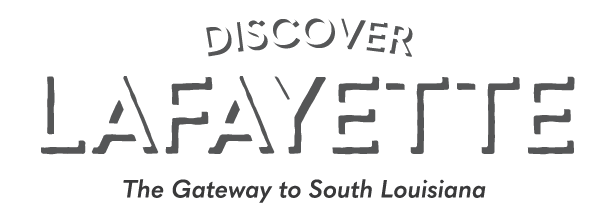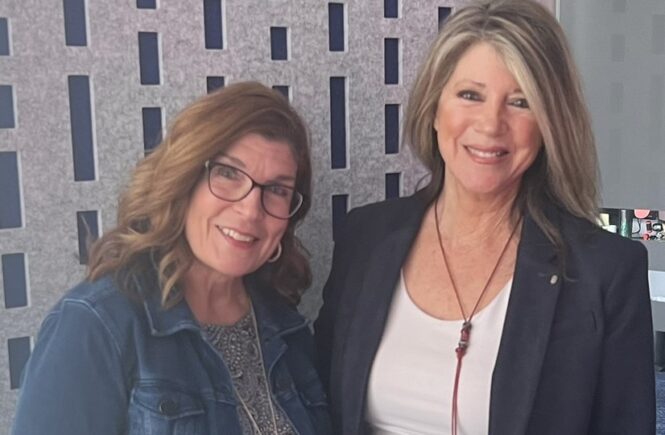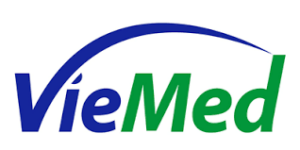Podcast: Play in new window | Download (Duration: 44:11 — 60.7MB)
Melinda Taylor, Executive Director of Habitat for Humanity, joins Discover Lafayette to share the work of her organization.
A native of Wichita, Kansas, Melinda has served as ED of Habitat since 2000, the year she moved to Lafayette, after serving in a similar position in Hattiesburg, MS. Interestingly, her realtor at the time of her move here in 2000 served on the board of Habitat and encouraged Melinda to apply for the first ED position to be filled here in Lafayette. Now, 24 years later, Melinda is still exemplifying what it means not only to lead, but to inspire others to volunteer and make meaningful change in our community.
Habitat serves as both a building contractor and the lender for qualified clients, and helps individuals acheive homeownership who can’t otherwise access the commercial lending market.
Qualified Habitat clients must make less than 80% of the median income in our region. Although they are individuals with low to moderate income, they are steady in life and willing to partner and work with Habitat toward their goal of homeownership. Some may have no credit or negative credit scores, so they are unable to qualify for a conventional mortgage.
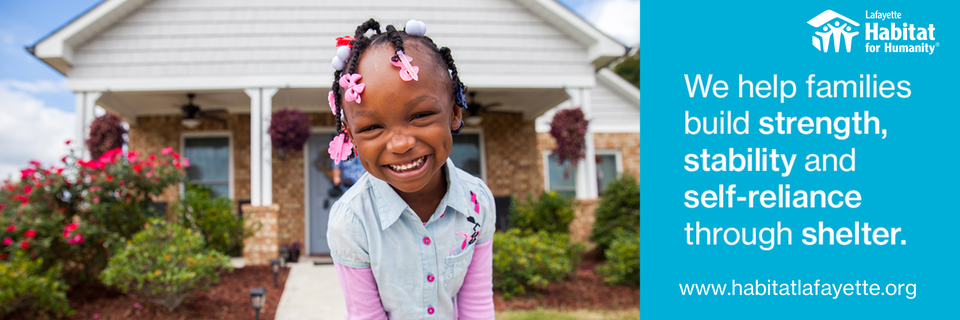
Melinda points out that Habitat’s clients have the capacity to make the payments of their monthly rent, which unfortunately is sometimes up to 1/3 to 1/2 of their income. It can be more expensive to rent a home in Lafayette than it is to pay for a Habitat mortgage payment. Lower rents are usually tied to substandard housing options, so applicants are eager to get into a Habitat home and enjoy an affordable, well-built, and energy efficient home.
Many more applicants apply for the program than can be helped, and some people have a lot of work to do before they qualify. Habitat will send these individuals to other organizations who can help them work on their credit so that they can successfully re-apply. LCG’s Community, Development & Planning Department offers a Neighborhood Counseling Service that brings in professionals to teach how to work on getting credit in better shape and stabilizing income in preparation for homeownership. Also, First Horizon’s Congress St. branch offers “Hope Inside,” a class that helps people work on their credit and learn about home ownership. The Louisiana Housing Corporation offers online training and financial literacy program, and assists low to moderate income individuals prepare for homeownership. Individuals who have judgments or liens against them are precluded from qualifying until these issues are cleared.
It can take 18 months to two years for a successful applicant to get into their new home. Patience is needed. The journey to home ownership includes completing an educational process, volunteering time to build other Habitat homes as well as the one they will move into, and of course, the actual build time to construct the house.
Funding is derived from a variety of sources and Melinda says “We never get enough funds to build the whole house. HOME grants from HUD are earmarked locally for building affordable housing, and Habitat also leverages these funds with other resources, such as in-kind and monetary donations of all sizes. In 2022, Lafayette Habitat received an unsolicited $2.5 million donation from philanthropist MacKenzie Scott. Also, as Habitat homeowners pay their mortgage, the payments go back into the process, so as they make their payments, they are paying it forward because it’s reinvested back into the program.”
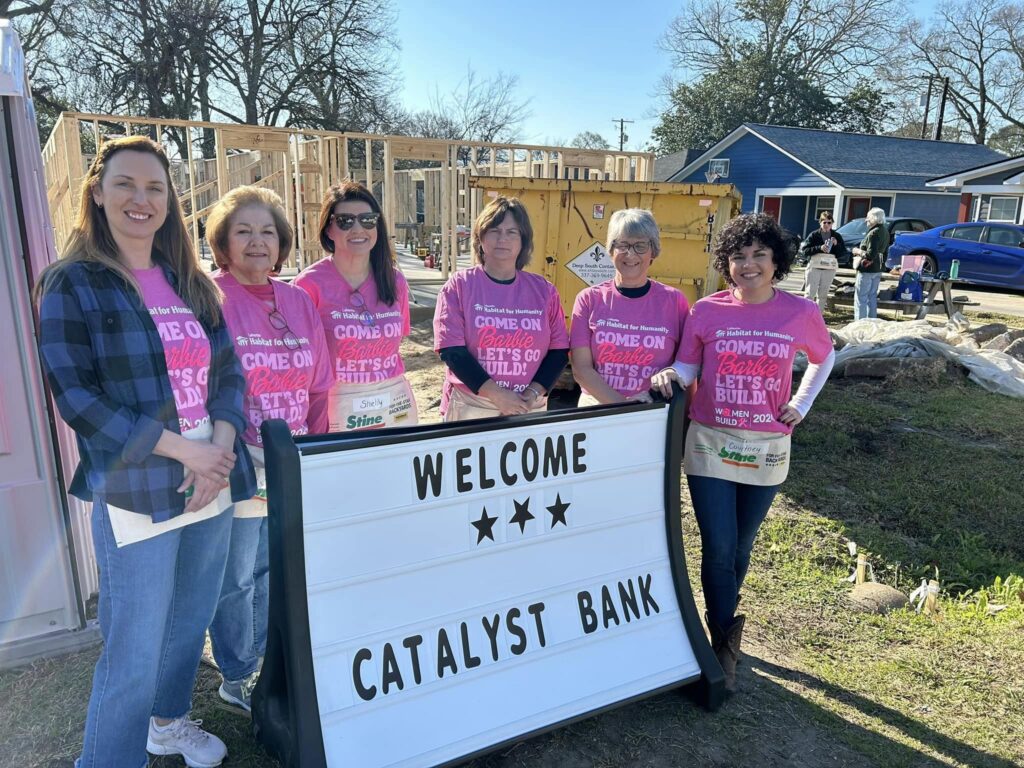
Pictured is a Women Build Team from Catalyst Bank in February 2024. Melinda Taylor says, “Volunteers really drive our work. They are the engine that keeps things going. Not just on our construction site but also at our ReStore. We have regular volunteers from the University as well as future homeowners themselves who work alongside our crew. We work with volunteers at all levels. Our crew is patient and teaches our volunteers whatever they need to know. Our quality control is outstanding!”
Houses built with HOME funds are mandated to maintain a 15-year affordability period, and the public is given notice of this by a Deed Restriction filed in the parish conveyance records. This prevents the homeowner from flipping the home or selling it quickly to someone not otherwise qualified as low-income. If the home is sold on the open market to someone who doesn’t qualify under the guidelines, a predetermined amount of the HOME funds (based upon length of ownership within the 15 year period) must be paid back upon the resale.
Lafayette Habitat partners with LCG in utilizing HUD HOME monies to build affordable homes. Habitat’s aim is to build ten homes per year and has built over 40 homes in the McComb-Veazey neighborhood over the past few years. They have also gotten into performing owner-occupied home repairs in focused areas of revitalization so as to improve the quality of life across the board for a neighborhood. Melinda says, “We support the efforts of residents to improve their neighborhoods, to return to a majority of homeowner occupancy rather than rental properties.”
Neighborhoods such as McComb-Veazey and LaPlace in Lafayette’s downtown urban core area have experienced game-changing revitalization through the dedicated focus of Habitat for Humanity. Most adjudicated properties are in Lafayette’s downtown core neighborhoods and are predominantly African-American.
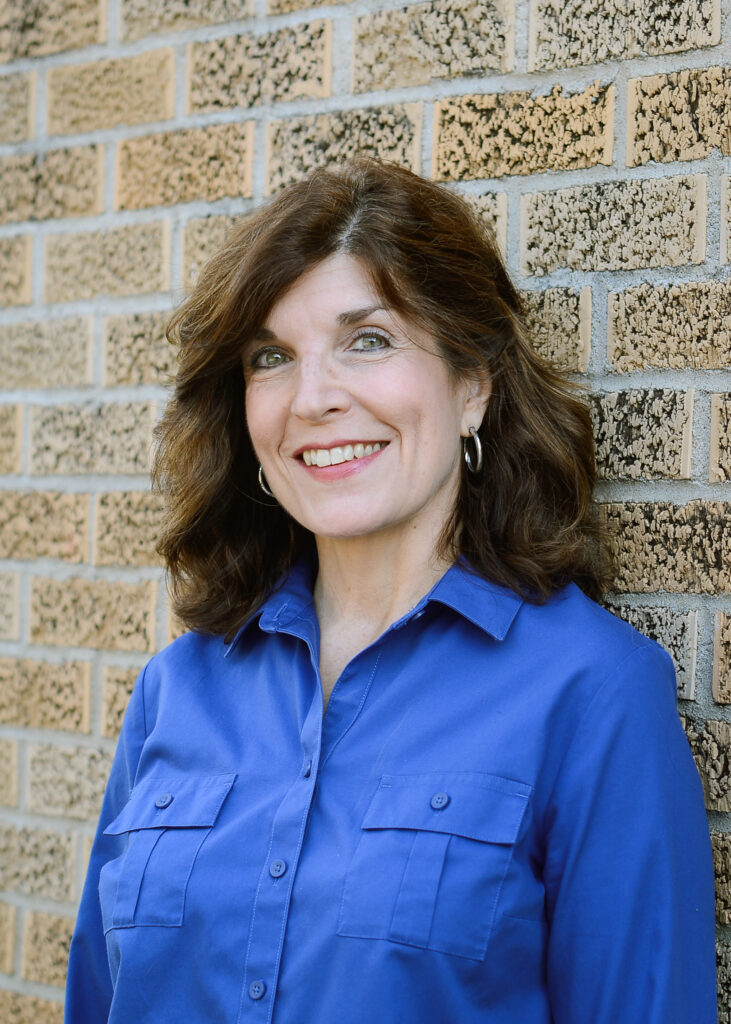
In addressing efforts to utilize adjudicated properties that are predominantly found in older African-American neighborhoods in Lafayette’s core, Melinda Taylor says,“People were worried that developers would come in and change everything, not in keeping with what they wanted to see in their neighborhood. So the local ordinance that we have now enables us to use a Louisiana state law that is now informally called the “Habitat For Humanity Statute.” It enables donations of adjudicated properties to a nonprofit for the purpose of building affordable housing. It keeps affordable housing in the neighborhood for those who may already live there or want to come back. We take guidance from local residents as to what they want to see. They want livable outdoor spaces, front porches, the look that is already going on in their neighborhood.”
When asked how we can develop a larger pool of affordable housing in our market, Melinda pointed out that as a nonprofit, Habitat can utilize a different business model than a for-profit builder as they get their funding from a variety of sources. “We are subject to the same market forces as everyone else. We sell our homes at appraised value but that isn’t often what it costs us to build. We are sometimes upside down. We do that because its part of our mission to focus on creating wealth and creating a better space in the neighborhoods that we serve. But not all for-profit builders can do that, as that is not an acceptable business model that is sustainable. Even we struggle with that.”
Across the country, affordable housing options, as well as the decline of many neighborhoods, is a major problem with low homeownership rates and many homes needing substantial rehabilitation or replacement. Dilapidated homes have been abandoned, undermining neighborhood stability and the local tax base. Melinda mentioned a bipartisan act being contemplated in Congress, the Neighborhood Homes Investment Act, that would provide funding incentives for market rate developers to build homes that may not appraise at what it cost to build. The funding mechanism would recapture the builder’s loss and the hope would be to incentivize enough building of affordable homes to turn a neighborhood around, and then let market forces take over. Visit https://neighborhoodhomesinvestmentact.org/proposal for more information.
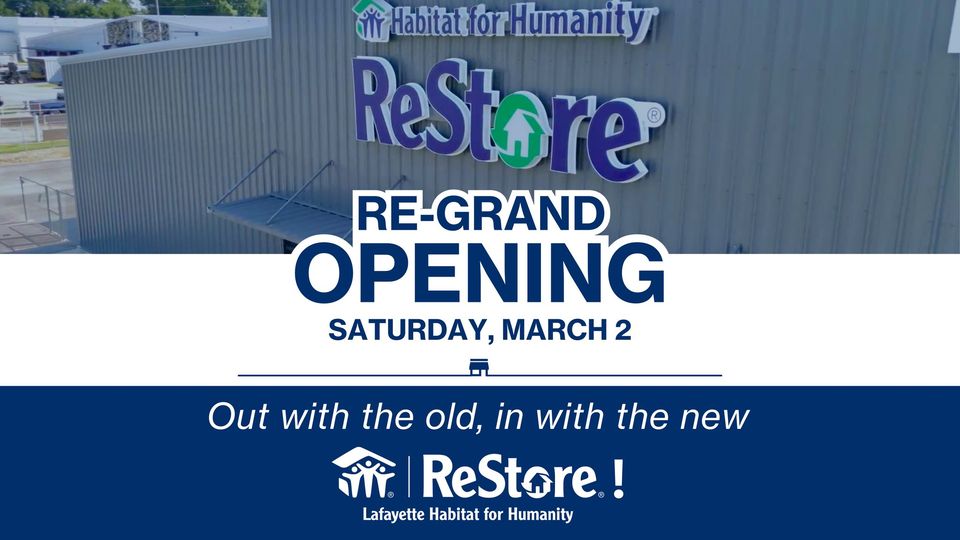
Volunteers are always needed for not only building homes but working at ReStore. Habitat offers an online portal to sign up for volunteer shifts, which are Tuesday through Saturday. Visit https://habitatlafayette.org/give-time/ to learn more and sign up.
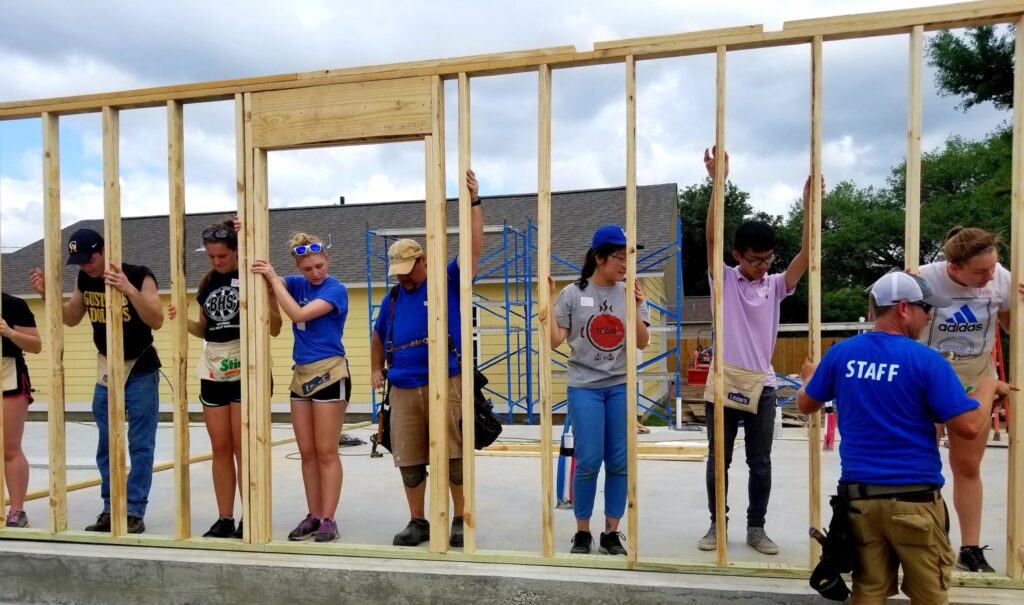
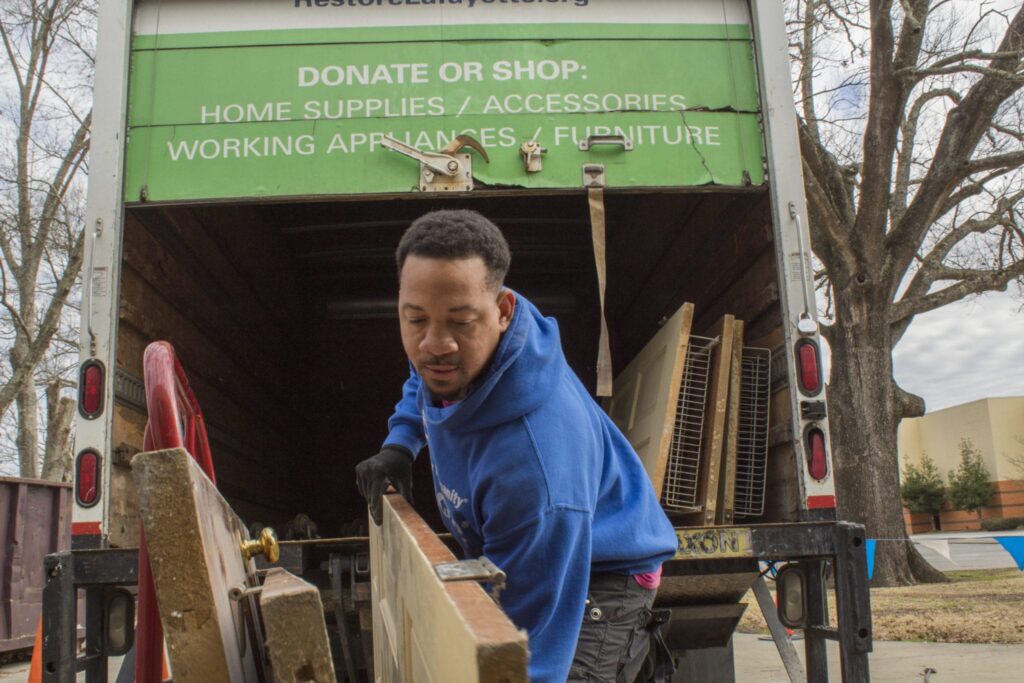
With the help of Habitat for Humanity and many volunteers, Habitat homeowners achieve the strength, stability, and independence they need to build a better life for themselves and their families. They can build generational wealth and turn around their fate. We thank Melinda Taylor and her entire team at Habitat for Humanity for their ongoing work to improve Lafayette’s housing market.
